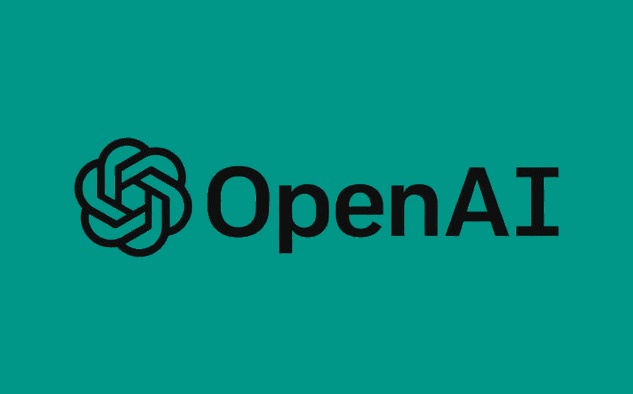Introduction: A New Era for Developers
Imagine having a tireless coding partner who writes, debugs, and tests your code while you focus on the big picture. That’s exactly what OpenAI’s Codex, a cutting-edge AI coding agent, brings to ChatGPT. Launched on May 16, 2025, Codex is redefining software development by automating repetitive tasks and empowering developers worldwide. Whether you’re a seasoned coder or a curious beginner, this innovation promises to make coding faster, smarter, and more accessible. Let’s dive into how Codex is reshaping the tech world and why it’s a game-changer for Global Tech Pulse readers.
What Is Codex? The AI Coding Powerhouse
Codex is a cloud-based software engineering agent integrated into ChatGPT, designed to handle multiple coding tasks simultaneously. Powered by codex-1, a fine-tuned version of OpenAI’s o3 reasoning model, it writes code, fixes bugs, runs tests, and even proposes pull requests—all within a secure, sandboxed environment. Unlike traditional code completion tools, Codex acts like a virtual teammate, understanding complex instructions and delivering clean, production-ready code.
OpenAI’s vision, as shared by Agents Research Lead Josh Tobin, is to transform ChatGPT into a collaborative partner that tackles hours-long tasks autonomously. Early adopters like Cisco and Kodiak Robotics are already streamlining workflows with Codex, proving its real-world impact.
How Codex Works: Coding Made Simple
Using Codex is as intuitive as chatting with a friend. Developers access it via ChatGPT’s sidebar, typing prompts like “Build a Python script for a to-do app” or clicking “Ask” to query their codebase. Codex then:
- Interprets natural language instructions.
- Executes tasks in a secure cloud environment.
- Provides transparent logs for review.
- Iterates until tests pass, ensuring high-quality output.
For instance, Codex can debug a broken API call or generate a full-stack feature in minutes, saving developers hours of manual work. Its ability to multitask sets it apart from competitors like Cursor or GitHub Copilot.
Why Codex Matters: A Leap for Productivity
Codex isn’t just a tool; it’s a revolution in how we code. By automating mundane tasks, it frees developers to focus on creative problem-solving and system design. Small teams and solo developers can now compete with larger firms, leveling the playing field. Moreover, Codex’s accessibility to ChatGPT Pro, Team, and Enterprise users (with Plus and Edu support coming soon) makes it a versatile tool for diverse audiences.
However, concerns linger. Some developers, like Shawn, who lost his job amid AI-driven layoffs, fear tools like Codex could reduce demand for human coders. OpenAI counters that Codex enhances productivity, not replaces jobs, acting as a supportive assistant rather than a competitor.
The Competitive Edge: Codex vs. the Rest
The AI coding space is heating up, with players like Windsurf, Cursor, and Microsoft’s Copilot vying for dominance. Yet, Codex stands out with its seamless ChatGPT integration and parallel task execution. Recent reports suggest OpenAI’s $3 billion acquisition of Windsurf aims to bolster its coding portfolio, signaling fierce competition. Unlike Copilot’s IDE focus, Codex’s cloud-based approach offers flexibility and safety, rejecting malicious requests to prevent AI-generated malware.
The Future of Coding: What’s Next for Codex?
OpenAI plans to deepen Codex’s integrations with GitHub, issue trackers, and CI systems, creating a unified development workflow. As AI agents evolve, Codex could become the backbone of autonomous software teams, handling everything from ideation to deployment. For now, it’s in a research preview, offering generous access to Pro users ($200/month) before rate limits kick in.
This launch aligns with broader tech trends, from AI-driven automation to ethical debates about job displacement. As nations race to lead in AI, Codex’s impact on productivity and innovation could reshape global tech landscapes.
Why You Should Care
Whether you’re coding an app, managing a startup, or simply curious about AI, Codex is a glimpse into the future. It’s not just about writing code—it’s about unlocking human creativity with AI as a partner. Stay ahead of the curve by exploring Codex on ChatGPT today.
Sources: TechCrunch, Ars Technica, VentureBeat, The New York Times, OpenAI Blog

Leave a Reply